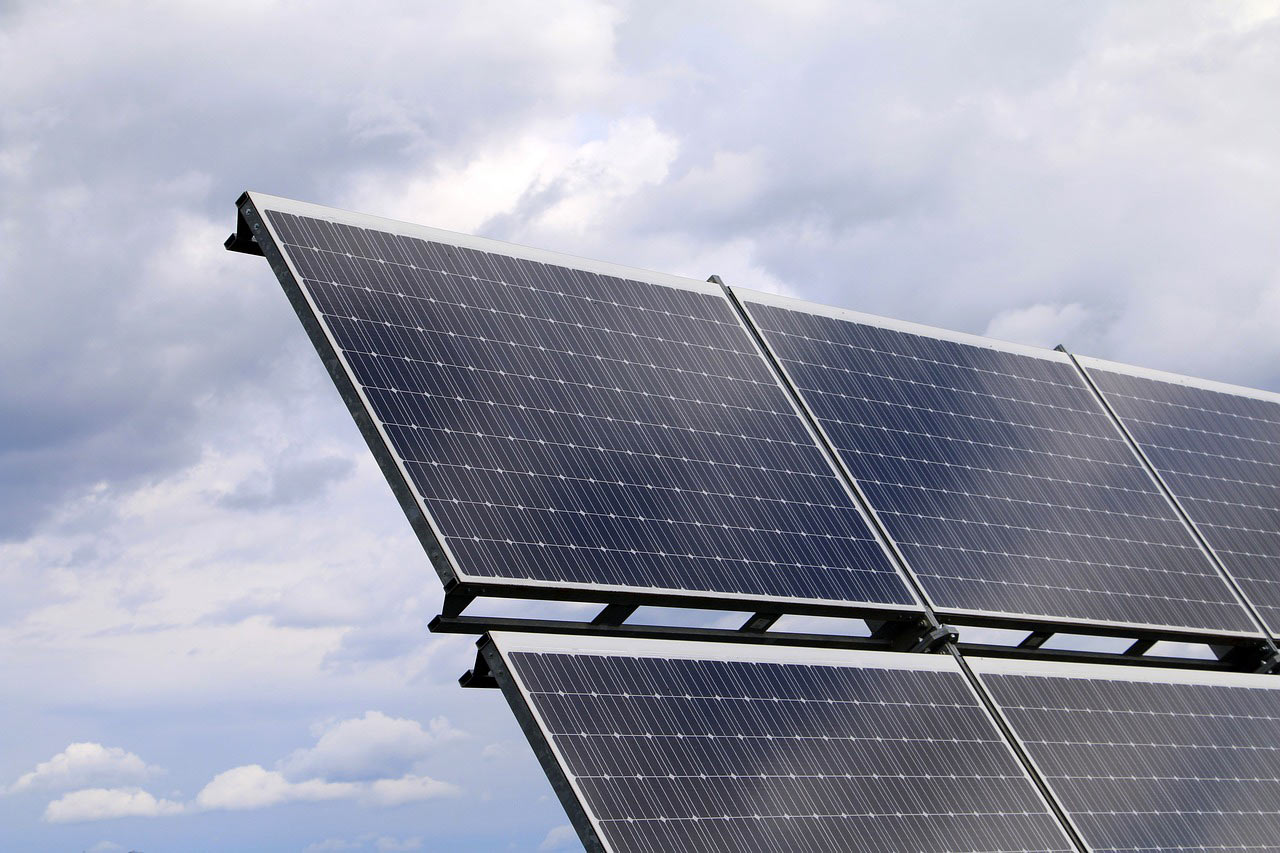Will Saudi Arabia and Russia maintain their grip on production, or could they succumb to another surge in U.S. shale? Is it possible for the economic collapse of a major producer to send crude prices soaring, or perhaps Silicon Valley will usher in the end of the combustion engine?
After ending 2017 at a two-year high, here are the five individuals who could play defining roles in the oil market.
The OPEC Kingpin.
Saudi Minister of Energy and Industry Khalid Al-Falih, having defied skeptics in 2016 by reversing the kingdom’s strategy and sealing the Organization of Petroleum Exporting Countries’ first output cut in eight years, finished last year securing a deal to extend the curbs to the end of 2018.
Now all Al-Falih has to do is ensure fellow members maintain their pledged cuts, keep Russia invested in the deal, and hope oil prices are high enough to ensure a successful initial public offering of Aramco without spurring another wave of U.S. Shale.
Putin’s oil man.
OPEC-watchers obsess over a country that isn’t even part of the cartel. Russia’s decision last year to join OPEC in cutting oil production, after years of keeping its distance, has been critical in the success of the strategy.
Russian Energy Minister Alexander Novak, 46, has developed a clear personal bond with Al-Falih, helping the two countries to set aside years of mutual distrust and seal a historic cooperation agreement. But their partnership may be tested by pressure from Russian companies pushing for an early end to the cuts.
The shale pioneer.
Growth in U.S. shale output is the biggest wild card for 2018, with estimates from 700,000 barrels a day to more than 1 million, depending on who you ask. At the center of the industry is the Permian in Texas, and Pioneer Natural Resources Co. is one of the biggest acreage holders in the basin.
Its CEO Tim Dove sees the area as the “lifeblood” of U.S. production for many years, forecasting production there will rise to 3.3 MMbpd this year from about 2.85 million currently.
The Latin strongman.
Venezuelas’s economic crisis has been worsened by dwindling crude output, which fell to 1.86 MMbpd in November from more than 3 million in 2001.
Promising a “new oil revolution,” Venezuela’s president Nicolas Maduro named a military general as the nation’s chief oil supremo and embarked on a wide-reaching purge of officials at state oil company Petroleos de Venezuela SA, including two former petroleum ministers.
The tech rockstar.
Re-usable rockets and dreams of launching manned flights to Mars have long made Elon Musk a famous name for tech enthusiasts, but 2018 could be the year the oil market really takes notice. The South African entrepreneur hopes that 5,000 units of Tesla Inc.’s new lower-cost Model 3 electric car will roll off the assembly line every week by April. That would be a breakthrough for battery-powered vehicles, bringing what has been a luxury technology to the mass market.
If Musk succeeds, it will surely stoke speculation that electric cars will displace the internal combustion engine faster than expected. Even OPEC has conceded that oil consumption could stagnate in coming decades if battery-powered vehicles go mainstream. For now, Model 3 deliveries during the third quarter numbered just 260.





